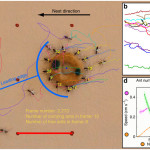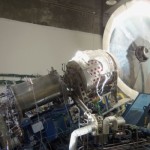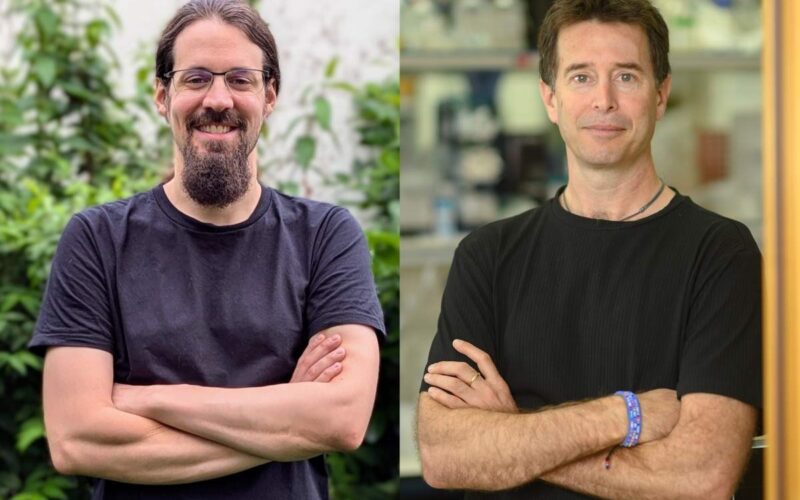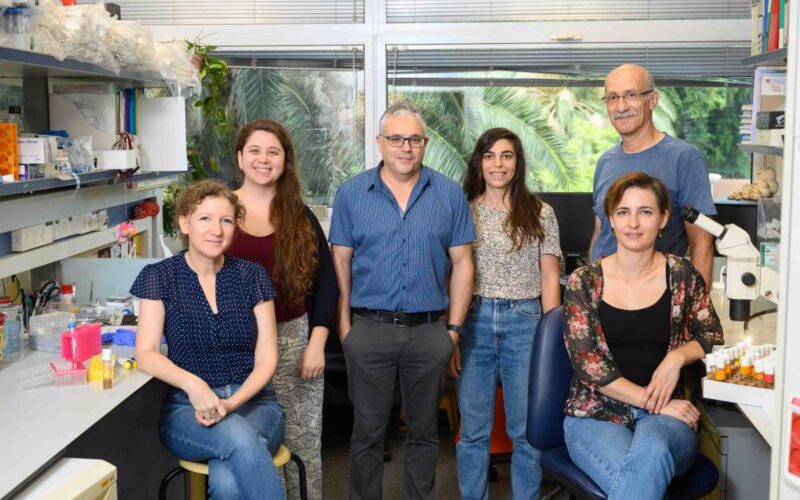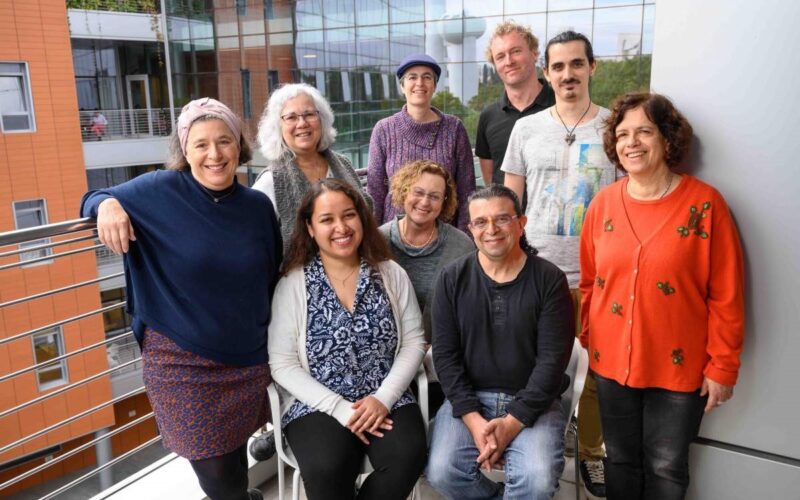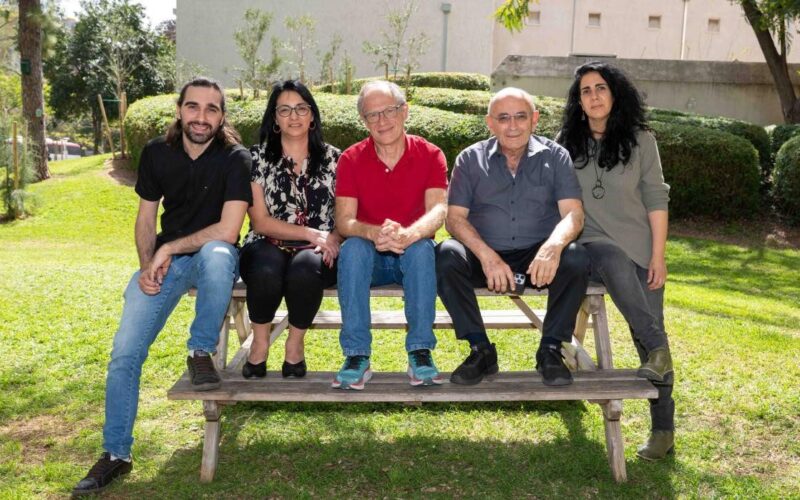
July 31, 2015
It could be as simple as a sniff test to detect autism early in children according to new ground breaking research from the Weizmann Institute in Israel.
Recently published in Current Biology, the research shows that people with autism spectrum disorder (ASD) respond to smells by having the same reaction to both a pleasant or foul odour. Most people will breathe in a nice smell and do the opposite to a bad one but autistic people will just keep on sniffing.
“The difference in sniffing pattern between the typically developing children and children with autism was quite overwhelming,” said Weizmann research leader Noam Sobel.
In the tests Sobel and his colleagues exposed to pleasant and unpleasant odour, 18 children with autism and 18 normally developing children, both groups with an average of seven years. Measurement of the responses found that the normally developed children adjusted their sniffing within 305 milliseconds whilst there was no response in the autistic group.
“We can identify autism and its severity with meaningful accuracy within less than 10 minutes using a test that is completely non-verbal and entails no task to follow,” Sobel said.
“This raises the hope that these findings could form the base for development of a diagnostic tool that can be applied very early on, such as in toddlers only a few months old. Such early diagnosis would allow for more effective intervention.”
The research will now be extended to people with other neurodevelopmental conditions as well as finding out how early on in life it is that a test like this could be useful.
The research has received media attention around the world.

